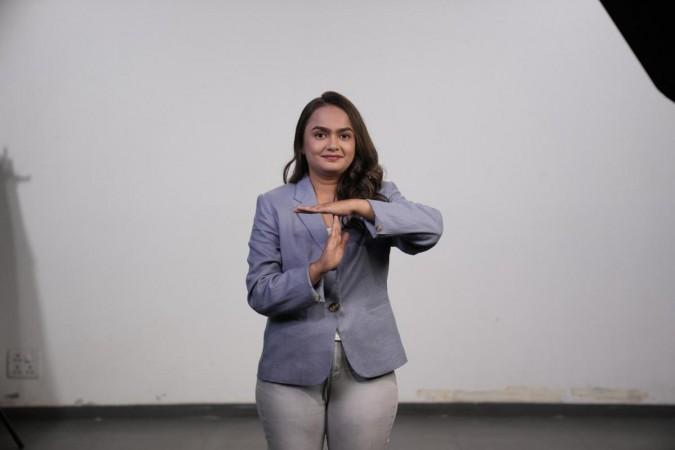
India has taken a significant step towards inclusivity and empowerment by introducing 2,500 new Indian Sign Language (ISL) terms. These terms, which span across various academic fields such as mathematics and science, aim to enhance the existing ISL dictionary and support education for the deaf community. This initiative is a collaborative effort between the Indian Sign Language Research and Training Centre (ISLRTC) and four other organizations, under the aegis of the Department of Empowerment of Persons with Disabilities.
ISL, a natural visual-manual language, is a unique communication tool for both the deaf and hearing communities. It is distinct from Hindi, English, or any other spoken language in India, having its own structure and not merely being a hand representation of any spoken language.
The introduction of these new terms is a significant milestone since the inaugural celebration of Sign Language Day in 2018. This day, part of the International Week of the Deaf, serves as a platform to raise awareness about the importance of sign languages in achieving international development goals and ensuring the full realization of human rights for deaf individuals.
Globally, there are more than 70 million deaf people, with over 80% residing in developing countries and using over 300 different sign languages. In India, the celebration of Sign Language Day underscores the vital role of ISL in promoting the rights and recognition of deaf individuals.

In addition to the new terms, the country has also developed 100 concept videos in ISL, designed for hearing-impaired children in the 6th grade. These videos provide detailed explanations of subjects like math and science, using graphics and subtitles to promote inclusive learning.
To further improve accessibility, the ISL dictionary is now available in 10 regional languages, making it easier for diverse communities to engage with ISL. Educational animated videos in ISL, focusing on moral values, provide a new learning experience for hearing-impaired children, fostering an inclusive educational environment.
The government's commitment to supporting persons with disabilities is underpinned by a robust constitutional framework. There are several schemes and provisions aimed at enhancing the quality of life for individuals with disabilities, including deaf and dumb students.
The Department of Empowerment of Persons with Disabilities (DEPwD) in India implements several schemes and provisions aimed at enhancing the quality of life for individuals with disabilities, including deaf and dumb students. These initiatives provide funds to various Implementing Agencies for distributing aids and assistive devices to eligible individuals with disabilities across the country. Notably, it includes provisions for Cochlear Implant Surgery for children with hearing impairments.
DEPwD also offers financial support to colleges specifically for deaf students. This assistance is available for colleges affiliated with UGC in five regions of India, ensuring that deaf and dumb students have access to quality education. An umbrella scheme including for deaf and dumb boys and girls provides scholarships across six components for students with disabilities.
By 2050, nearly 2.5 billion people are projected to have some degree of hearing loss, and at least 700 million will require hearing rehabilitation. Over 1 billion young adults are at risk of permanent, avoidable hearing loss due to unsafe listening practices. Disabling hearing loss refers to hearing loss greater than 35 decibels (dB) in the better hearing ear. Nearly 80% of people with disabling hearing loss live in low- and middle-income countries. The prevalence of hearing loss increases with age, among those older than 60 years, over 25% are affected by disabling hearing loss.
















